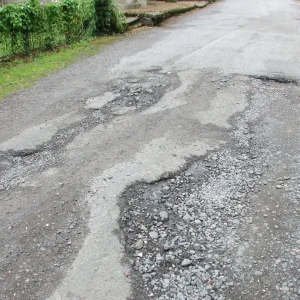Fleets could see the introduction of a congestion-charge zone in Britain’s second-largest city, under new plans from Birmingham City Council.
Birmingham is looking to follow London by adding a host of measures to reduce vehicle use as well as cutting car, van and truck emissions.
The city revealed the ideas in a consultation aimed at developing a sustainable transport plan.
The ‘Birmingham Mobility Action Plan’ sets out options for the next 20 years and includes “challenging the car culture of the city”, “implementing ‘Green Travel Zones’ at large employment sites” and “measures to reduce the impacts from freight, both in terms of the number of trips made and the emissions from vehicles”.
The BMAP also aims to improve public transport and road safety.
The 110-page document has already riled the Freight Transport Association over fears it could increase business costs in the city centre.
Sally Gilson, FTA policy manager -Midlands, said: “Encouraging a shift from private cars to public transport is a step in the right direction; however, I am concerned that plans for low-emission zones would cause substantial costs for industry.
“With regards to any possible city road charging, freight is an essential road movement and should therefore be exempt.”
Birmingham’s plans stem from a European Union recommendation that all cities develop a Sustainable Urban Mobility Plan.
The consultation document states: “Above all [the EU] recommends that future transport planning should be centred around people’s lives. Whether that be to help them access work, improve road safety for children, improve air quality or to allow businesses to flourish.
“The BMAP is our response to this guidance and our chance to set a new direction for the city.”
Birmingham believes the plan is necessary because its population is set to grow by 200,000 to 1.2 million by 2031, and if nothing is done there will be 80,000 more cars and 200,000 more car journeys by 2013.
However, if the BMAP is successful it claims there will be fewer cars on the road than today because “people can easily live without feeling that car ownership is essential” and that Birmingham will be “seen as a great place to do business because of fast and reliable journey times for employees, business trips and goods”.
The consultation period will go live after the report is signed-off by the city council.





